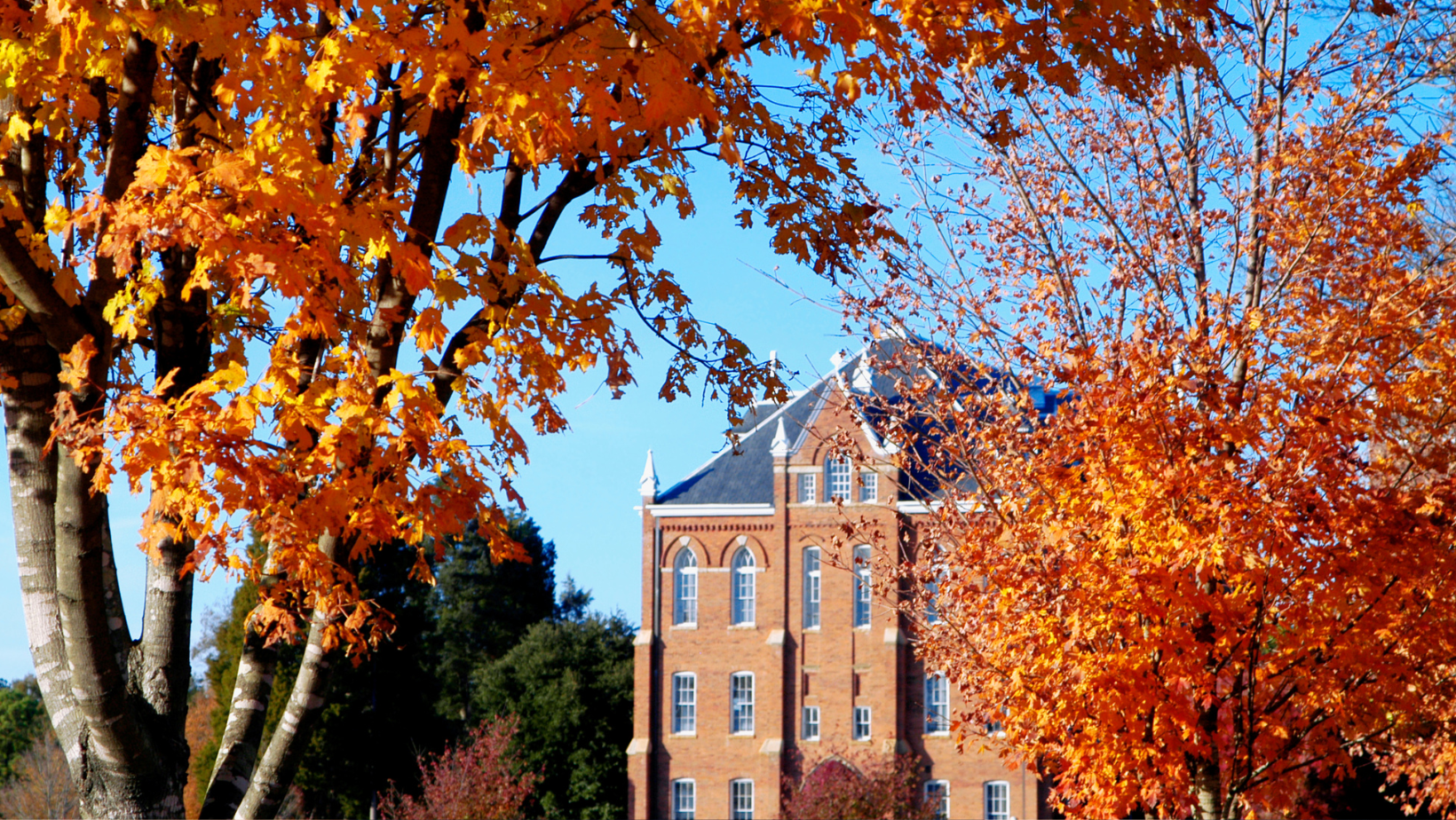During junior (or freshman/sophomore) year, students can get a sense of what a university or college is like by doing an official school visit over a weekend or long weekend. Beyond the admissions information sessions and tailored campus tours, there are other ways to assess whether a particular university or college might be a good fit. Here are some suggestions for soon-to-be college students to get the most out of their campus visits.
Arrive early so you can explore campus before official events.
Plan a visit accordingly and give yourself plenty of time to explore a campus before official presentations or tours begin. Have a cup of coffee in the student union, walk through academic buildings and observe students going to class, or visit a campus art museum or student center.
Speak to current students.
Taking time to talk to current college students is one of the best ways to get a feel for what a college is really like. Of course, each student has an individualized college journey, but getting a sense of how someone else is experiencing life after high school is a tool to help understand how a college might be suited for a particular student. Often, there are current students working in the admissions office, so that is one area you can seek out students to speak to. Some sample questions to ask current students include:
- Why did you choose this university?
- What do you know now about the school that you wish you’d known before?
- What is the campus culture like? Is there a lot of (partying, studying, student activism)
- How much interaction do you have with professors/teaching assistants?
- How well supported do you feel here?
- What are some of the campus traditions and hangouts?
Attend additional sessions beyond the main admissions presentation.
Many students and families do not realize that separate schools or programs can offer specialized information sessions or events. For example, the business and engineering schools often host their own, but sometimes honors programs or other student academic programs will as well. Take advantage of these smaller sessions where you can learn about special programs that you might want to participate in if you become a student at that college.
Speak to admissions officers.
Admissions officers often give the main presentation during a campus visit, so this is a rare opportunity, aside from a college fair or college visit, where a student can gain insight into the admissions process and what admissions officers are looking for in future students. Be thoughtful with questions and let admissions officers know you did your homework beforehand about the college. Some sample questions include:
- What makes this college unique?
- What kind of student does best here?
- What sort of support can students expect to receive from the university?
- Specific questions about student interests and plans (likelihood of financial aid, the possibility of doing a double major in history and math, etc.)
Do research.
It’s important to learn things from a visit that can be used later to help decide on whether a student will apply to a university or not, as well as information they can reference when writing supplemental essays that ask why a student wants to attend. Keep a Google Doc or other document with these notes for each college visited that can be referred to later.
Campus visits provide excellent opportunities to speak to the people who spend their lives on campus, and would-be applicants can learn a great deal about a school by spending time talking with students and staff and exploring beyond a formal tour. The more they can experience on campus, the better prospective students can have when figuring out how well a school fits them.




